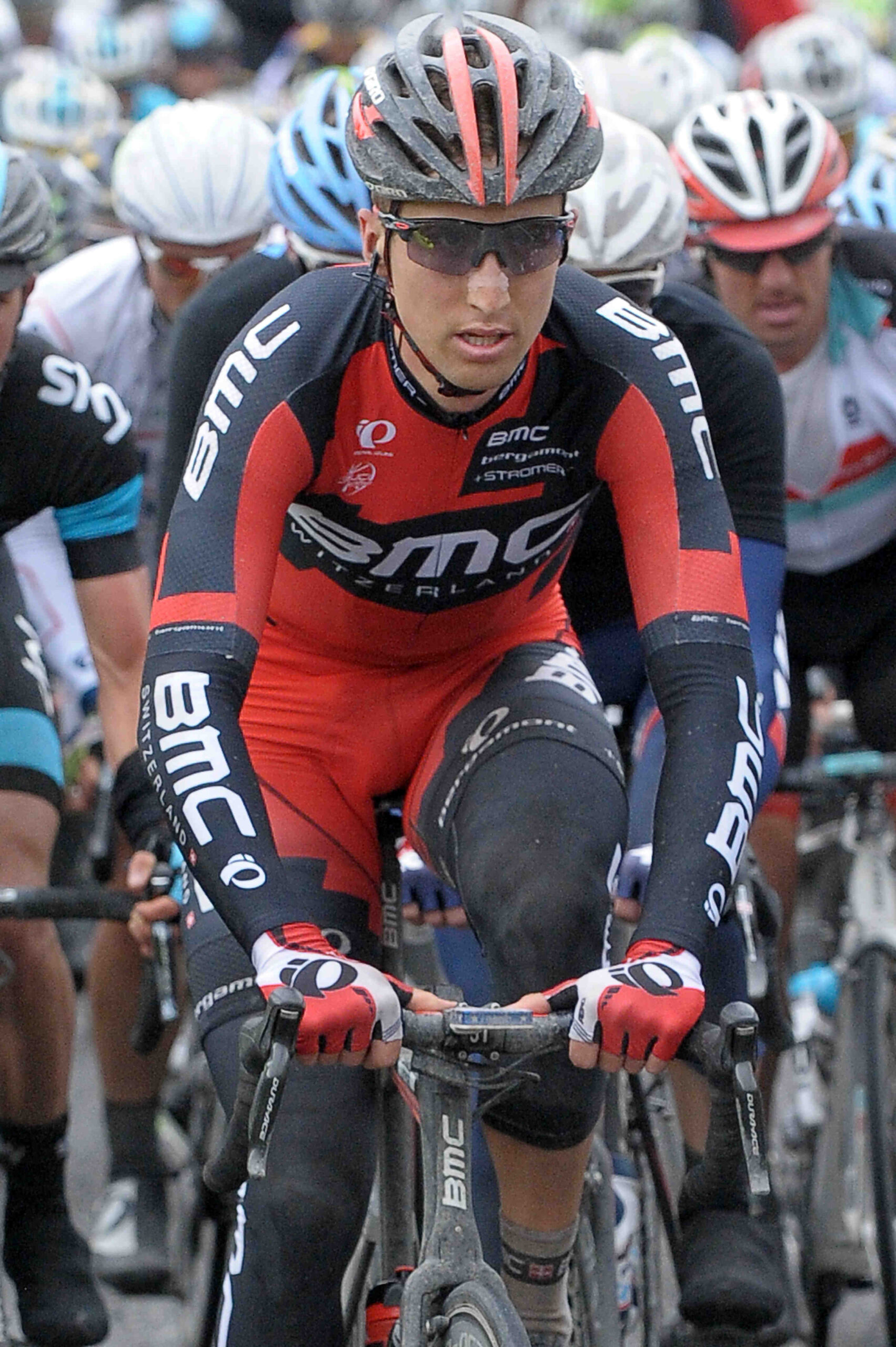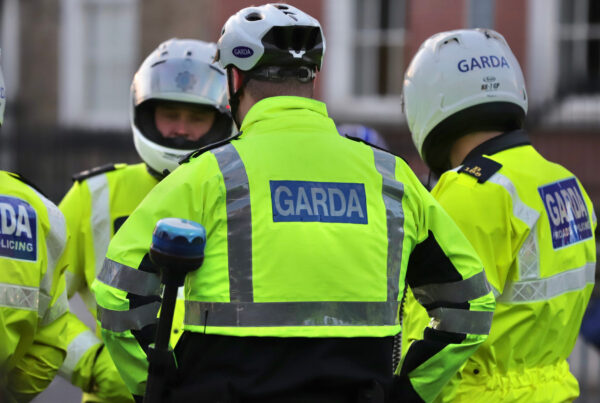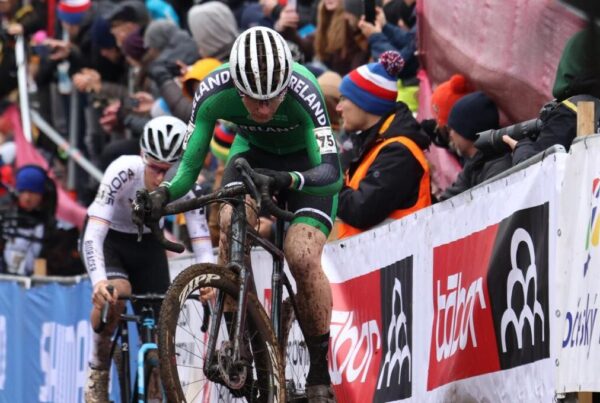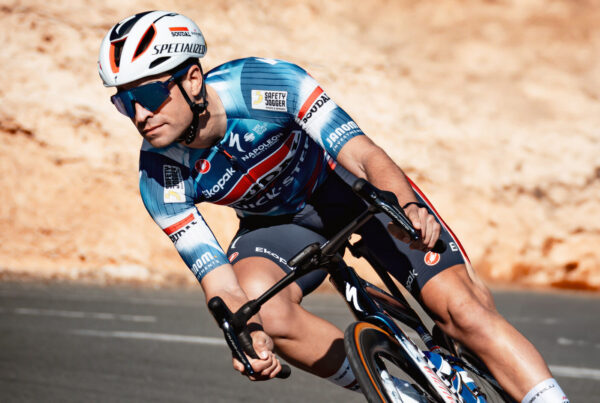Taylor Phinney, who rode
his last race as a pro 2½ years ago, has spoken of the opiate problem he saw in
the sport and also highlighted “conveniently timed cortisone injections” that
appeared to be needed by some riders just before the biggest races of their
season.
The 31-year-old American,
who still cycles recreationally, is now focused on painting and music. He said
he grew tired of the constraints his pro career placed on him and about the
conditions that teams insisted on imposing on him.
When he was a pro and he
spoke up about doping, or abuse of medicines, people inside the sport were
unhappy, though he felt he should have been “celebrated” for highlighting the issues.
“There was a time when I was quite outspoken about like, finish bottles in races, which are these concoctions” Phinney said of
bottles with, for example, Tramadol mixed in to aid riders in the finals of
races.
“When I first started racing the EPO and blood doping era was seemingly past but there was still a huge amount of opiate abuse in the sport. I don’t know if that has completely gone away but it was pretty widespread in my first couple of years,” he said speaking on the Thereabouts podcast.
“You would smash a
couple of Tramadol at the end of the race, which is basically like taking a
Vicodin or two along with like a bunch of
caffeine and maybe some Sudafed. I mean, that’s
a bomb right there. If I took one
of those right now it would send me to the moon.
“I was never into that.
Like, you would get offered that but I was like ‘I don’t think I need an opiate painkiller today to get through
this race, you know’. But it was just a thing,
especially in the classics, so many guys were doing that. I was kind of like, ‘this is fucked up’.
“So I said some
stuff about it in an interview, and then I also talked about how there was a
fair amount of strangely time, or
coincidentally timed, cortisone
injections being given to some people going into certain races. You don’t need
it. If you need a cortisone injection you should be out for a while, you know. Not like, ‘I just got a cortisone injection and now I’m like, winning
Flanders’, you know. “
“I actually got a
cortisone injection eventually when I broke my leg and I was just flying and
half of my leg didn’t work. I was like, ‘okay,
I think I understand this now’. So I spoke out about that and I received quite
a bit of backlash from the management.”
Phinney suffered a near
career-ending crash in the US road race championships in 2014, just days after
winning the TT title. He broke his leg and did very serious damage to his knee
cap and around the knee. While he returned to the sport, and rode well, he
never resumed the trajectory he was on before the incident and appeared to have
other goals in life after his crash.
He said when he raced,
while the money was attractive, he did not enjoy the controls placed on him by
teams, including what he could and couldn’t post on social media. He explained
when he won the TT in the Giro in 2012 he congratulated other stage winners on
the race in the days that followed. However, his team – then BMC Racing –
implemented a restriction banning its riders congratulating riders from other
teams.
In the period before he retired,
he fantasised about stopping because he found that all of the things he need to
do in his day to be a pro rider – such as train and recover – were getting in
the way of what he really wanted to do with his life.
Phinney was junior TT
world champion and also won the U23 world title as well as winner the U23
Paris-Roubaix twice. He won silver in the elite Worlds TT in 2012 and was 4th
in both the road race and TT at the Olympics that year as well as winning the
opening TT stage of the Giro and holding the race lead for three days.








